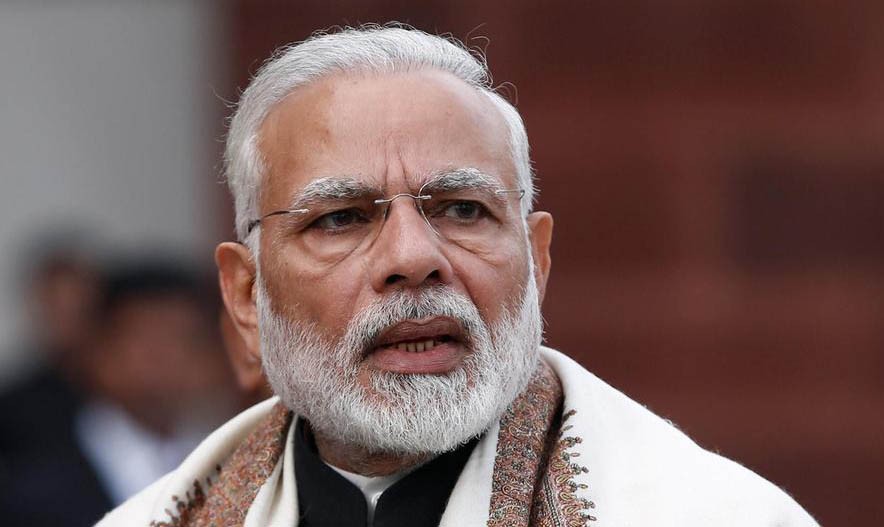
It appears as if the opportunity for diplomacy created by the election of a former cricketer who is known to and loved by the ordinary Indian is already squandered

Of all its foreign policy goals, relations with India are perhaps the most difficult for any government in Pakistan to state and define. Keeping the four wars and incidents of ‘terrorism’ aside, détente followed by dismissive expressions is what has defined relations between the two countries all along. Why must the present times be an exception!
How else do you explain the Associated Press of Pakistan publishing a story in September on the postage stamps of Kashmiris released by Pakistan in July, less than a day after India agreed to Pakistan’s suggestion of talks between the two foreign ministers on the sidelines of United Nations General Assembly? The suggestion was made by the Pakistani prime minister in a reply letter to the one sent by his Indian counterpart. All hell broke loose after the publishing of this story and the killing of a BSF soldier, the blame for both incidents placed at the doorsteps of the Pakistani government.
The possibility of any talks was thus precluded exactly a day after India agreed to hold them.
The most undiplomatic of exchanges by the Indian side referring to Pakistan’s "evil agenda" and "true face" of PM Imran Khan were retaliated with none other than the prime minister himself taking to Twitter, expressing his disappointment at "the arrogant and negative response" by India to his call for dialogue for peace.
That PM Khan chose to initiate peace and trade overtures with India so soon after calling his arch rival Mian Nawaz Sharif as Indian PM Modi’s yaar and working against the national interest is no less than a surprise. The ludicrous stand of opposition in the parliament, criticising the government for proposing dialogue at a time when India was engaged in repression in Kashmir, does not help matters. Nor does the Indian government’s decision to celebrate the second anniversary of the so-called surgical strikes inside Pakistan, a claim Pakistan vehemently denies.
Well that’s how clumsy Pakistan’s foreign policy with regard to India has been. Or is that how it’s supposed to be between two declared enemy states that share a bloodied history and refuse to learn from it. Yet, at a time when Pakistan has China and Saudi Arabia to take care of its financial and other needs while India has practically the entire world on its side owing to the size of its economy, the burden of geography keeps bringing the two estranged neighbours together.
As someone rightly pointed out, beyond the major irritants, Pakistan and India do have a sustained level of engagement. The two have big enough diplomatic missions in both countries and there is ongoing movement on visas, prisoners, trade etc. on a daily basis. There may be rhetorical expressions of fears and some genuine disagreements and disputes around water, generally, the consensual spirit of Indus Water Treaty prevails.
As Suhasini Haider points out in her recent article ‘Cutting Through the White Noise’ for The Hindu, one back channel that has persisted away from the hawkish media’s eyes is "that of National Security Adviser (NSA) Ajit Doval with his former Pakistani counterpart, Nasser Khan Janjua. From November 2015 to June 2018, when he resigned due to elections, General Janjua and Mr Doval carried on a consistent engagement, spoke over the telephone regularly to smooth over crises, and discreetly met more than half a dozen times in various places around the world."
Lest this happening in Modi’s India lift the spirit of a peacenik, there is of course the Indian Defence Minister Nirmala Sitharaman’s statement about cutting off of heads of Pakistani soldiers by the Indian army but not being displayed. She is referring to what are euphemistically called ‘skirmishes’ along the Line of Control (LOC). Imagine all this happening when the two sides have agreed to set up a hotline contact between the director general military operations (DGMOs), aiming to clear the mist every time a violation of ceasefire takes place.
Read also: Editorial
Clearly something is amiss. Beyond the few positive routine happenings, there is a standoff in relations between the two countries. India’s harsh response to Pakistan’s offer of peace is being seen in the light of its domestic politics, especially the impending state and general elections. At this particular instance, the Modi government is additionally reeling under the weight of the Rafale Deal controversy.
As for Pakistan, it appears as if the opportunity for diplomacy created by the election of a former cricketer who is known to and loved by the ordinary Indian is already squandered. Ironically, the fireworks on the foreign policy front coincided with cricket being played between the two countries on a neutral ground, as it is routinely done. One doesn’t know the fate of cricket bringing the two countries closer just as one is clueless about what the civilian government and military in Pakistan declaring to be on the same page or reading the same book mean for normalisation of ties with India.